|
Mobile services have become the main means of connecting to the internet in developing countries. But research by Ryan Hawthorne and Lukasz Grzybowski shows that relying solely on mobile networks is not enough to close the digital divide. Policymakers and regulators should consider ways of expanding access to computers and the internet at work and schools, as well as expanding access to fixed-line broadband.
African soccer lovers are up in arms because they can’t watch their national sides in action on TV in the early rounds of the 2021 Africa Cup of Nations. Chuka Onwumechili gets behind the headlines to understand why the Confederation of African Football has axed its media broadcast rights holders – and what that means for fans of the beautiful game in the longer term.
Africa’s growing population poses challenges for countries on the continent. In today’s episode of Pasha Alex Ezeh explains what’s driving the trend, and some of the sensitive issues around addressing it.
To mark Universal Children’s Day, we are revisiting some recently published articles. Kate Pincock explains why Tanzania’s threat to arrest pregnant teenagers won’t help anyone, while Estelle Monique Sidze explores the mental stress facing teenage mothers in Kenya. From Nigeria, Oludayo Tade writes about children being used as servants. For his part, Moha Ennaji shows the devastating effect marriage has on underage girls in North Africa.
|

Mobile phones aren’t the full solution to increase access to broadband services.
Shutterstock
Ryan Hawthorne, University of Cape Town; Lukasz Grzybowski, University of Cape Town
Regulators should stimulate demand for broadband services through increased access to computers.
|
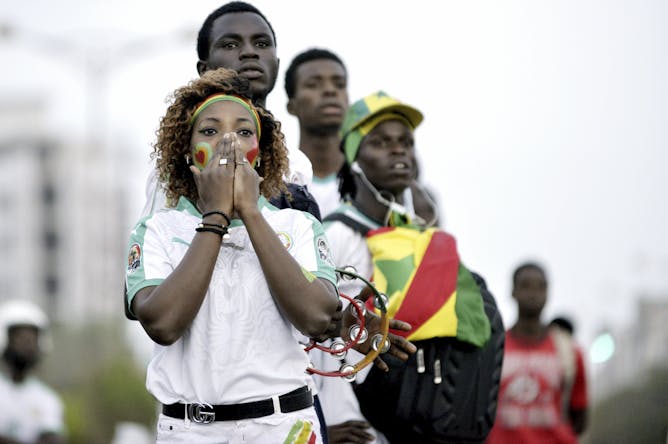
Aliou Mbaye/EPA
Chuka Onwumechili, Howard University
The African Cup of Nations is the continent's premier soccer tournament - but it's not being broadcast on TV as usual. Behind the blackout is a tale of court rulings and sour deals.
|
Environment + Energy
|
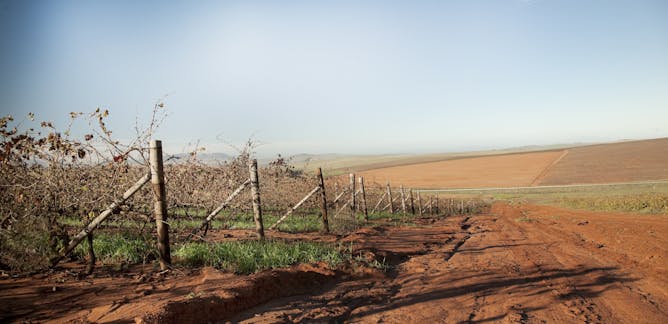
Mike Muller, University of the Witwatersrand
Not all droughts are the same and South Africa needs to have a targeted approach to each type.
| |

Danai Papageorgiou, Max Planck Institute; Damien Farine, Max Planck Institute
Vulturine guineafowl were found to live in large, sexually mixed groups. These seem to have social preferences for certain other groups.
|
|
|
Politics + Society
|

Zoheb Khan, University of Johannesburg
The South African child support grant is progressive in its gender-neutrality, yet men make up only 2% of those who collect it.
| |
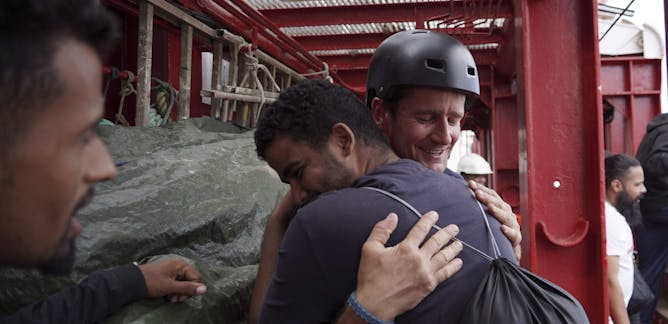
Anna Triandafyllidou, Ryerson University; Katie Kuschminder, United Nations University
In Libya, a lack of authority has allowed the ongoing kidnapping and extortion of migrants. What can European countries do to prevent the murder and torture of migrants?
|
|
|
Podcasts
|
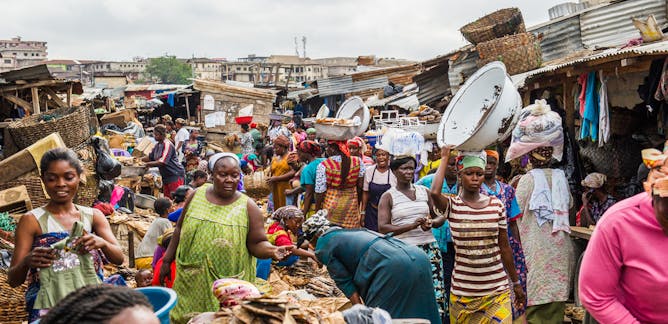
Ozayr Patel, The Conversation
Population growth rates pose a lingering challenge to development efforts on the continent.
| |

Ozayr Patel, The Conversation
Women have to push through barriers to access higher education.
|
|
|
Universal Children's Day
|

Kate Pincock, University of Oxford
Tanzania's government must focus on the drivers of teenage pregnancy, which are entirely overlooked in current punitive policies, instead of expelling and arresting schoolgirls.
| |
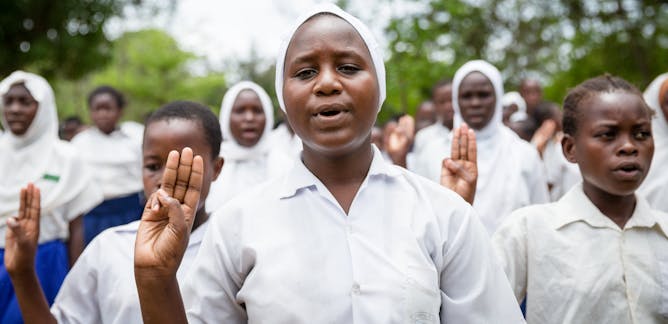
Ozayr Patel, The Conversation
Pregnant teens in Kenya face a number of challenges.
|
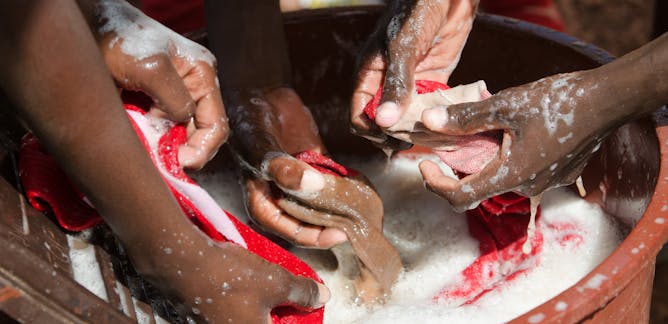
Oludayo Tade, University of Ibadan
Middle-class Nigerians employ children in their homes for a range of reasons.
| |
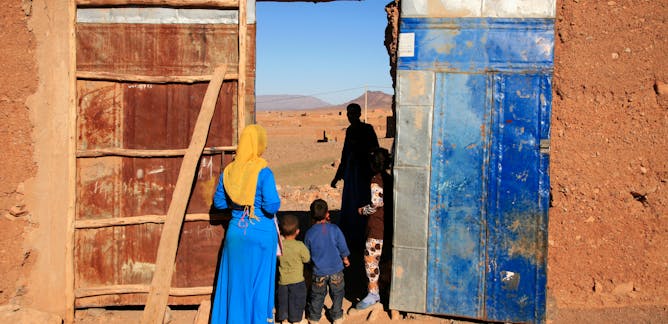
Moha Ennaji, Université Sidi Mohammed Ben Abdellah
The region has made progress but efforts must continue to end a harmful practice rooted in poverty and tradition.
|
|
|